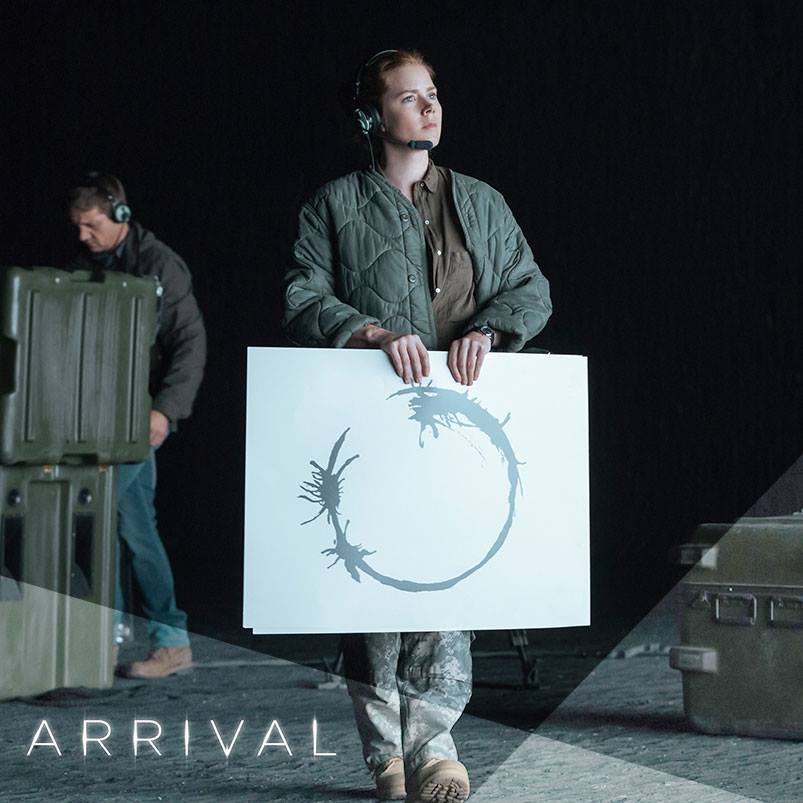




Maybe you've observed that language is not just a system of rules for communication but that it also operates as a sort of carrier wave for our shared views about the nature of reality.
For instance we agree we're creatures that live in linear time. We remember the past, live in the present (or so we try) and imagine the future. And time "flows" in that direction, from past to present to future, with the past and present being available to us now and the future not — except in our imaginations.
It's commonly held that we're hardwired that way. But should we really claim certainty? Throughout the ages, in every culture, there have always been those who said they could, at times at least, perceive glimpses of the future. And others have believed them. Prophets, oracles, psychics we've called them. And if these people really have been able to experience time outside the accepted linear flow, what about the rest of us? Is it possible we've limited our perception of time by an unconscious agreement that the conventional way is the only way?
Our languages not only reflect our experience of one-way sequential time but tend to reinforce it. Our speech and writing is full of before, after, when, already and all the other words reflecting the linear way we experience the events of our lives. If we've entered into an unconscious agreement that's binding our perspective, could our language be tightening the shackles?
In the recent (2016) movie Arrival (caution, spoilers ahead) we watch a linguistics expert, Dr. Louise Banks, encounter an extra-terrestrial language which carries a very different set of agreements as to how reality works. And as she becomes fluent in it, her experience of reality begins to change in some startling ways.
Though she doesn't immediately recognize it, Louise begins to see the future. First come visions of a little girl she will eventually understand is her future daughter, Hannah. Hannah will die young of an incurable disease and Louise knows it. We see Dr. Banks decide to have this child knowing full well the agonizing consequences for herself, her husband and for Hannah.
But precognition features in the movie's primary plot too. The storyline depicts the arrival of an extra-terrestrial race in spacecraft distributed in various nations over the planet Earth. Many on Earth are anxious and due to miscommunication with the ETs, China's military leader General Shang declares war on them. At this point Louise has a vision of a future international gathering celebrating the peaceful resolution of the crisis. And in it she is given important information by the general, including his wife's dying words and his personal mobile phone number. He says to her "you changed my mind." The vision ends and Louise returns to her normal experience of the present. She takes a satellite phone, calls General Shang and conveys his wife's last words to him — words, it would be commonly agreed, she cannot possibly know. General Shang is sufficiently impressed by this to know something important is transpiring and he stands the Chinese military down.
The movie asks the question, is our experience of time artificially restricted by our beliefs about it? And could learning a new language — one created by a consciousness which operates in a grander and more flexible experience of time — be an avenue to that richer experience of reality?
(See below for how recent science has established the brain's striking ability to grow and adapt.)
The arts and sci-fi in particular have offered us expanded views of human capability before. Even stories specifically looking at language as a doorway to broader consciousness, the idea of learning the Martian language in Robert Heinlein's Stranger in a Strange Land comes to mind. But I think something is different now. We are. We seem to have crossed a threshold into a world where we almost expect to encounter evidence that our views of reality have been limited. That time need not always flow exclusively in the expected direction. Or that alternate realities, parallel somehow to our own, may exist.
For some time we've been on a sort of journey of consciousness. I think the arrival is our own. You could say our minds have changed.
And you, are you up for a new language?